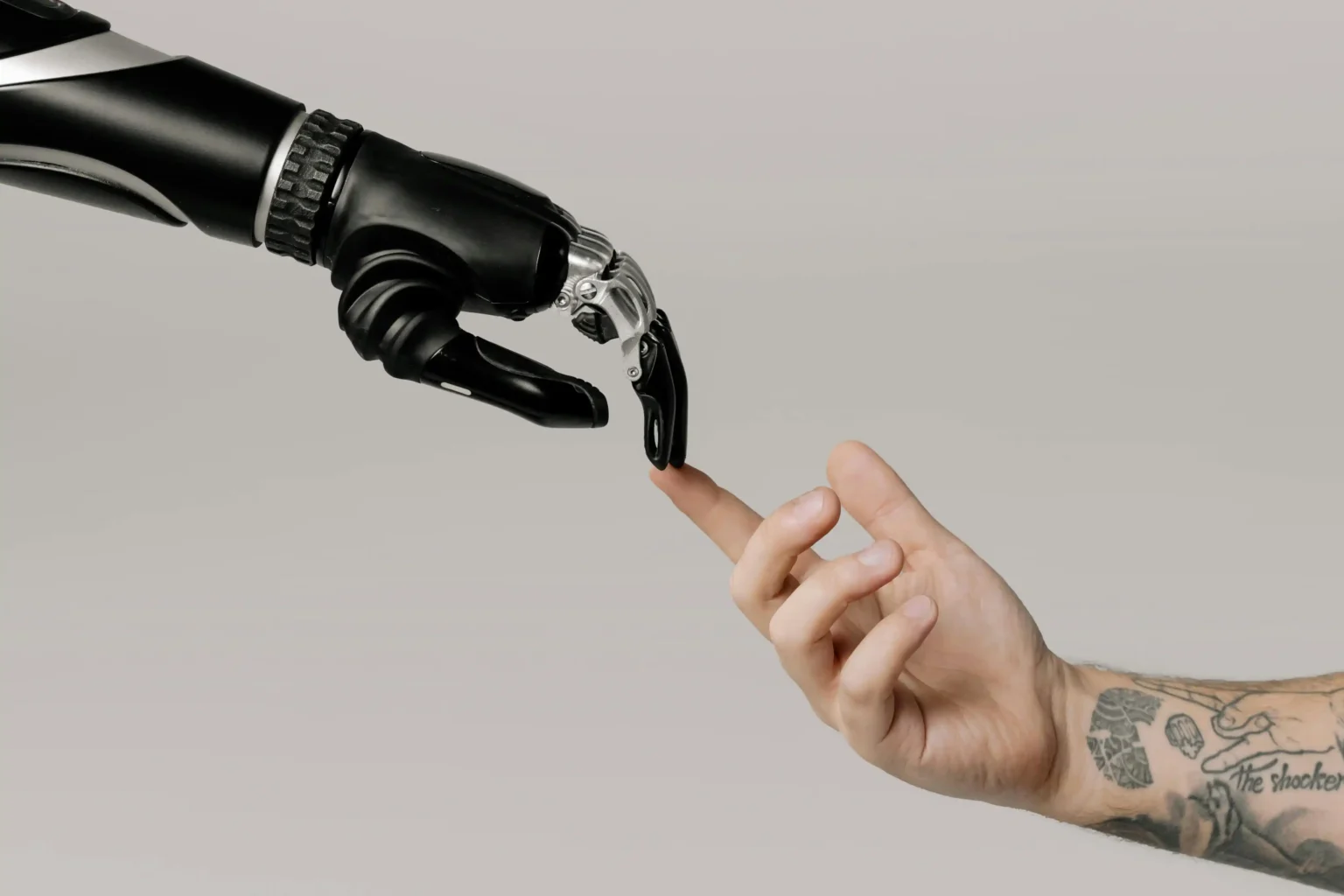In the digital age, the methods of uncovering truth and gathering evidence have evolved dramatically. Traditional private investigators are now integrating cutting-edge technologies to enhance their operations. Among these innovations, private investigator AI is quickly becoming a game-changer. This transformation is reshaping how investigations are conducted, offering more efficient, accurate, and discreet solutions than ever before.
Understanding Private Investigator AI
Private investigator AI refers to the use of artificial intelligence tools and systems by private investigators to automate, streamline, and augment various aspects of their investigative work. From analyzing digital footprints to recognizing faces in surveillance footage, AI helps investigators process vast amounts of data that would take humans days or even weeks to analyze manually.
AI technologies employed by private investigators can include facial recognition software, natural language processing tools, behavioral analysis algorithms, and predictive analytics. These systems can sift through social media profiles, public records, financial data, and even real-time video feeds to uncover patterns, anomalies, or connections relevant to a case.
The Evolution of Surveillance with AI
Historically, surveillance was a time-consuming and often risky part of an investigation. It required hours of following suspects, setting up hidden cameras, and analyzing footage manually. With the emergence of private investigator AI, surveillance has entered a new era.
AI-powered video analytics can monitor hours of video and flag unusual behavior or detect known individuals through facial recognition. Investigators can now receive real-time alerts if a person of interest appears in a particular location or engages in suspicious activity. This has significantly reduced the manpower required for surveillance and has increased accuracy and speed. Moreover, AI-driven surveillance tools can identify vehicles, track license plates, and monitor movement across city-wide camera networks. This enables private investigators to maintain continuous, unobtrusive observation over large areas, something that would have been nearly impossible in the past.
Enhancing Background Checks and Data Analysis
Conducting thorough background checks is a critical task for any private investigator. Traditionally, this involved scouring multiple databases, conducting interviews, and manually verifying records. However, private investigator AI can streamline this process by integrating data from various sources and presenting a comprehensive profile in minutes. AI systems can cross-reference criminal records, employment history, social media activity, and other online behaviors to create detailed dossiers on individuals. These tools can even detect inconsistencies in reported information, highlight potential risks, and uncover hidden connections between subjects.
In complex cases involving financial fraud or digital crimes, AI’s ability to process and analyze large datasets becomes invaluable. Investigators can use machine learning algorithms to detect suspicious transactions, trace the movement of funds, or uncover networks of fraudulent activity that would otherwise go unnoticed.
Ethical Implications and Privacy Concerns
The integration of private investigator AI also raises important ethical and privacy considerations. While AI provides powerful tools to uncover the truth, its use must be balanced with respect for individuals’ rights and legal boundaries.
Privacy advocates warn that AI-enhanced surveillance can lead to overreach and misuse. For instance, facial recognition technologies have been criticized for inaccuracies and potential bias, especially when used without consent. Private investigators must ensure that they are compliant with local and federal laws regarding data collection, surveillance, and the use of AI technologies. Ethical practice also demands transparency with clients. Investigators should clearly communicate how AI tools are used, what data is being collected, and how conclusions are drawn. This ensures accountability and builds trust in the investigative process.
AI in Infidelity and Domestic Investigations
One of the most common areas where private investigator AI is making a significant impact is in personal cases, such as infidelity or domestic investigations. In these sensitive matters, discretion and accuracy are paramount.
AI can monitor digital communication patterns, analyze behavior changes, and provide insights into anomalies in a partner’s routine. By analyzing data from text messages, social media interactions, and even GPS data, AI can help uncover hidden relationships or unexplained behaviors. In addition, AI tools can also assess emotional cues in communication using sentiment analysis. This can provide a deeper understanding of interactions, offering valuable context to investigators handling emotionally charged cases. This technological advantage allows investigators to approach such cases with a level of depth and insight that was previously unattainable.
Corporate Investigations and Risk Management
In the corporate world, private investigators are often hired to conduct due diligence, investigate internal fraud, or verify the legitimacy of partners and clients. Here, private investigator AI proves to be a powerful ally.
AI can scan internal communications, financial records, and transactional data to identify suspicious behavior patterns. For example, AI might detect irregularities in expense reports or abnormal access patterns to confidential files, indicating potential insider threats. This proactive approach allows companies to address issues before they escalate into full-blown crises.
The Future of Private Investigator AI
As AI technology continues to evolve, its role in private investigations will only grow. Future developments may include real-time language translation for international investigations, advanced behavioral prediction models, and deeper integration with cybersecurity tools.
Another area with immense potential is the use of generative AI to reconstruct events. By combining video footage, audio, and metadata, investigators could use AI to create accurate reconstructions of incidents, enhancing courtroom presentations or clarifying events for clients. The potential for private investigator AI to merge with emerging technologies like augmented reality (AR) or virtual reality (VR) also holds promise. Investigators could potentially visualize crime scenes, analyze environments, or simulate scenarios in immersive formats, allowing for more interactive and detailed evaluations.
Challenges and Limitations
Despite its many advantages, private investigator AI is not without challenges. One of the primary concerns is data quality. AI is only as good as the information it processes. If data is outdated, biased, or incomplete, it can lead to inaccurate conclusions. Another issue is the need for human oversight. While AI can provide insights, the final judgment and ethical decisions must always rest with a human investigator. AI cannot replace intuition, experience, or the ability to navigate complex emotional and legal situations.
Furthermore, staying up-to-date with rapidly evolving AI technologies requires ongoing investment in training and resources. Private investigators must continuously adapt to new tools, software, and legal regulations to stay effective and compliant.
Conclusion
Private investigator AI is revolutionizing the field of private investigations by enhancing efficiency, accuracy, and scope. From conducting digital surveillance to analyzing complex datasets, AI offers powerful tools that are transforming how private investigators operate. While there are ethical concerns and limitations to consider, the benefits of integrating AI into investigative work are undeniable.
As technology continues to advance, the partnership between human expertise and artificial intelligence will define the future of private investigation. Whether uncovering corporate fraud, verifying personal suspicions, or conducting background checks, private investigator AI is poised to become an indispensable asset in the search for truth.









